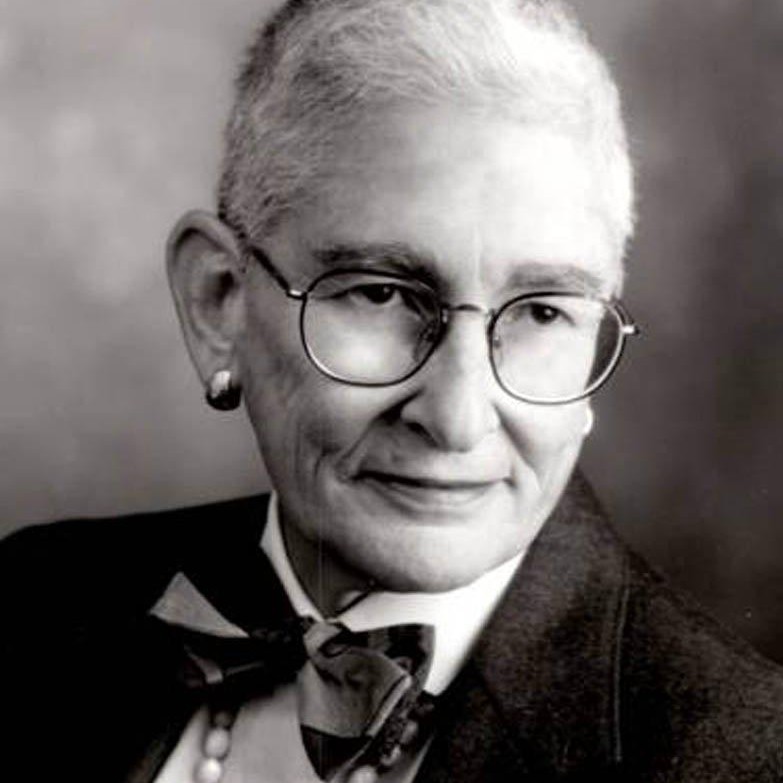

Dr. Liebe Sokol Diamond was a pioneer in many ways, and one of the nation’s leading pediatric orthopedic surgeons. Liebe was born with congenital ring constriction syndrome which caused the loss of several fingers and toes while in the womb. By the time she was a teenager, she had undergone 25 surgical procedures. As a surgeon, Dr. Sokol Diamond focused on hand and limb deformities, particularly orthopedic aspects of genetic diseases in children similar to her own and a medically underserved group at that time.
One hundred years ago, the 19th Amendment to the Constitution of the United States was signed into law and officially granted twenty million American women the right to vote.
This mass expansion in voting rights was the result of generations of intense activism known as the women’s suffrage movement that has had a lasting legacy on equality in America.
In recognition of the struggles and achievements of a once disenfranchised majority, PreserveCast is honored to share remarkable stories of suffragists within each episode this year.
Beyond the Ballot is supported by Preservation Maryland, Gallagher Evelius Jones law firm and the Maryland Historical Trust.
To learn more or to donate to support these efforts, please visit: ballotandbeyond.org.
This week on Ballot and Beyond, we’ll learn about Dr. Liebe Sokol Diamond, a skilled and dedicated pediatric surgeon in Maryland, read by Elly Colmers Cowan, Director of Advocacy at Preservation Maryland.
Dr. Liebe Sokol Diamond
Dr. Liebe Sokol Diamond was a pioneer in many ways, and one of the nation’s leading pediatric orthopedic surgeons. Adolf Tornado’s so-called Diamond was the only child of Max Sokol and Ann Hirschhorn Sokol who were deeply involved in helping Jews in Eastern Europe flea their homelands and resettle in the United States during the 1930s.
Liebe was born with congenital ring constriction syndrome which caused the loss of several fingers and toes while in the womb. By the time she was a teenager, she had undergone 25 surgical procedures. She would go on to use those experiences for the rest of her life in surgery, research, and teaching. She once told a colleague, “You can either bitch or moan and make everyone around miserable or accept what is reality and get on with your life.”
Dr. Sokol Diamond focused on hand and limb deformities, particularly orthopedic aspects of genetic diseases in children similar to her own and a medically underserved group at that time.
Dr. Sokol Diamond was the first female resident at the University of Pennsylvania Hospital and became its first female orthopedic surgical resident in 1960. She was certified by the American Board of Orthopedic Surgery in 1963.
“Sometimes,” she said, “it was not working with a disability, but gender,” that would present her biggest challenge. In an interview with Jmore magazine, she said, “In retrospect, maybe some of my rough times were because I was a woman. We were tolerated, in a physical sense. Out of 200 interns and residents, there were only five women. You took what was dished out, and you shut up and drank your beer. We all thought that if you made any noise, we’d be kicked out.”
Sokol Diamond became renowned in her field for her innovative techniques for correcting limb deformities. The children saw a surgeon with challenges similar to their own using her custom design surgical gloves. She drew on her personal experiences to tend to them and their families in a special and distinctive way. By sharing, Dr. Sokol Diamond said, she could take some of their loneliness, some of their fear for the future.
One of her students, Jerome Reichmister who went on to become the chief of Orthopedic Surgery at Sinai Hospital said, “She had the ability to relate to the kids and their families and give them the best possible expectations. It takes a special person who can speak with authority because she had lived through it.”
Dr. Liebe Sokol Diamond died in 2017. Dr. Sokol Diamond was a professor at the University of Maryland from 1961 to 1996 and work with many Maryland hospitals, including Franklin Square Hospital and Union Memorial Hospital. Her impact on medicine was widespread.
Episode Gallery
Previous episode






